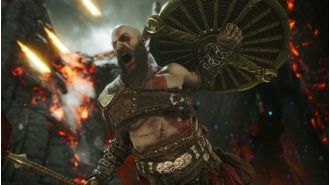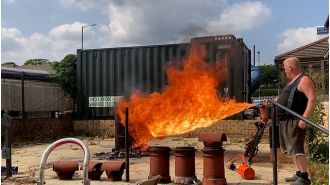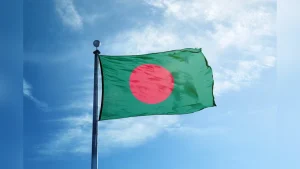Australian officers lose medals due to report on unlawful killings
Australia is facing its most serious allegations of war crimes in history.

The recent Brereton Report, which investigated misconduct by the Australian Defence Force (ADF) in Afghanistan, has led to a number of military commanders being stripped of their medals. This comes after the report found evidence of alleged unlawful killings of 39 people by Australian troops between 2005 and 2016. Defence Minister Richard Marles presented the government's final response to the report in parliament this morning, calling the allegations "arguably the most serious allegations of Australian war crimes in our history."
Marles explained that two of the key recommendations of the report related to the accountability of commanders during the relevant period. As a result, he made the decision to strip a small number of commanders of their honours, as recommended by the report. He stated, "The last step in closing out these two recommendations was me writing to relevant commanders about my decision in relation to medals awarded to them as part of their service during periods proximate to the incidents which are at the heart of the Brereton report. I have now written these letters."
The exact number and identities of the commanders who have been stripped of their medals have not been disclosed due to privacy concerns. However, Marles did announce that a compensation scheme has been established for alleged victims and their families. Shadow Defence Minister Andrew Hastie, a former SAS soldier who served in Afghanistan, also spoke on the report, emphasizing the importance of truth-telling in the armed forces. He stated, "Trust needs to be rebuilt, both up and down the chain. It is the foundation of the sacred compact between the army, the Australian people and our government. It was broken and needs to be restored."
Hastie, who has direct experience serving in Afghanistan, acknowledged the challenges faced by Australian troops in navigating morally ambiguous situations. He also expressed his belief that those further up the chain of command should have faced consequences for the alleged war crimes committed by troops on the ground. He stated, "My one point of disagreement with the Brereton Report is on how far it reaches up the chain in assigning responsibility. I believe our troops were let down by a lack of moral courage that went up the chain of command, all the way to Canberra, including in this house."
The Brereton Report, named after Major General Paul Brereton who led the probe, was released in 2020 and found credible evidence of misconduct by Australian Special Forces. It made 143 recommendations, of which 139 have now been closed. The remaining four are on hold due to ongoing investigations. For those who have been affected by the report, counselling and support services are available through the Defence All-Hours Support Line and Open Arms.










